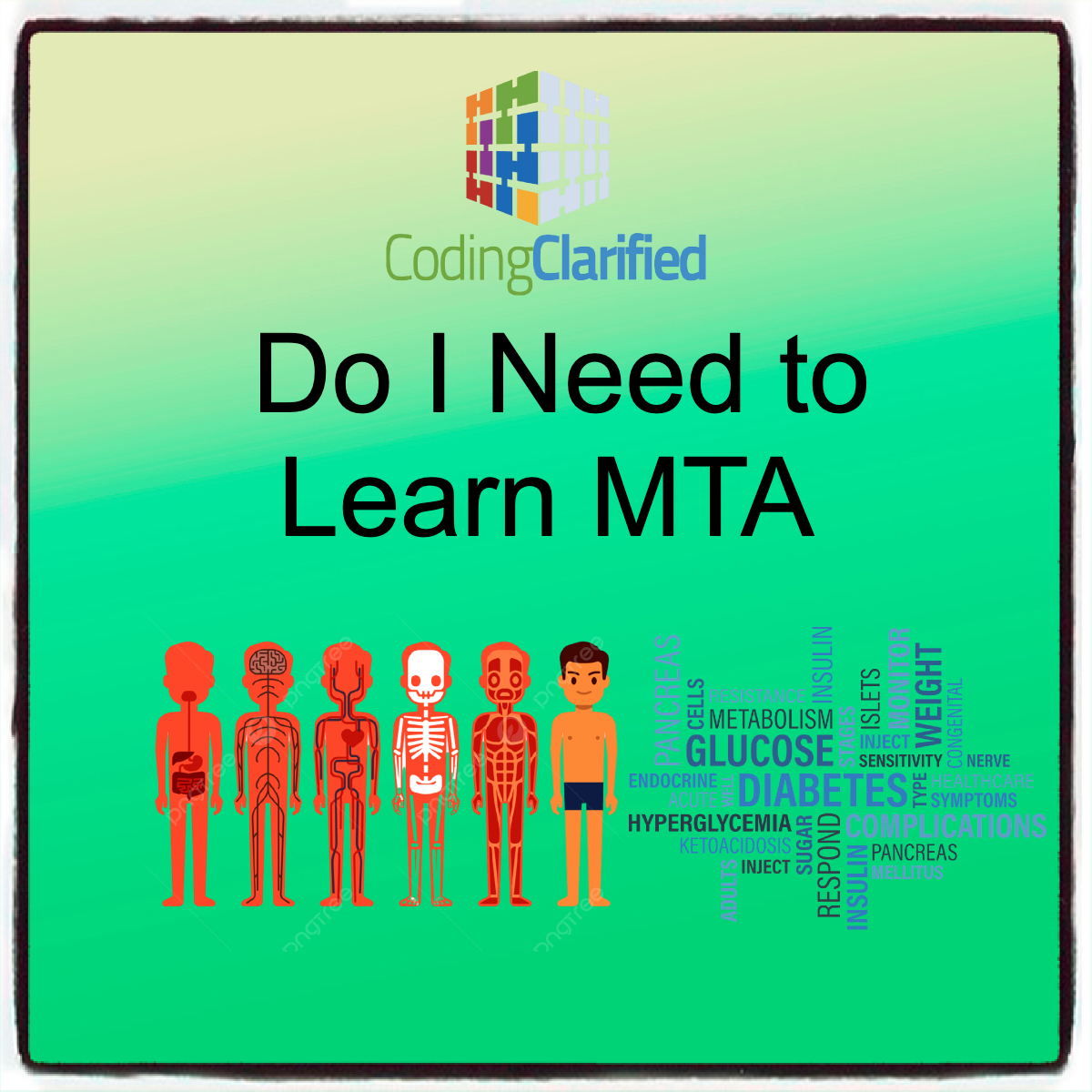Do You Need to Learn Medical Terminology and Anatomy as a Prerequisite to Medical Coding?
Medical coding is a critical component of the healthcare industry, translating patient records into standardized codes for billing and record-keeping purposes. If you’re considering a career in medical coding, you might wonder whether knowledge of medical terminology and anatomy is necessary before diving into coding itself. Let’s explore this essential question.
Understanding Medical Coding
Medical coding involves converting healthcare diagnoses, procedures, medical services, and equipment into universal codes, primarily for billing and insurance purposes.
The three primary coding systems used are:
- ICD-10-CM (International Classification of Diseases, 10th Revision, Clinical Modification) for diagnoses
- CPT (Current Procedural Terminology) for medical procedures and services
- HCPCS (Healthcare Common Procedure Coding System) for services not included in CPT codes
Each of these coding systems requires a certain level of understanding to use effectively.
The Role of Medical Terminology
What Is Medical Terminology?
Medical terminology is the language of medicine, composed of terms that describe the human body, its functions, diseases, and procedures. Understanding this vocabulary is crucial for accurately interpreting medical records and documentation.
Why Is It Important for Coders?
- Accurate Coding: Knowing medical terminology helps coders understand the nuances of diagnoses and procedures, ensuring accurate code assignment.
- Effective Communication: Coders often interact with healthcare providers, and understanding medical terms facilitates clear communication.
- Error Reduction: Misinterpretation of medical terms can lead to coding errors, impacting patient care and revenue cycles.
The Importance of Anatomy Knowledge
What Is Anatomy?
Anatomy is the study of the structure of the human body, including organs, systems, and their interrelationships. A solid grasp of anatomy is beneficial for anyone working in healthcare, including medical coders.
Why Is Anatomy Knowledge Essential?
- Understanding Context: Familiarity with human anatomy allows coders to comprehend the context of medical procedures and diagnoses, which aids in choosing the correct codes.
- Interpreting Documentation: Coders often encounter clinical notes that describe surgical procedures or diagnostic tests. Knowledge of anatomy helps in understanding these descriptions accurately.
- Navigating Complex Cases: Certain medical conditions or procedures may involve multiple body systems. Understanding how these systems interact can enhance a coder’s ability to assign the correct codes.
Prerequisite Knowledge
While formal education in medical terminology and anatomy is not always a strict prerequisite for medical coding programs, having a foundational understanding of both areas can significantly enhance your learning experience. Many coding courses incorporate these subjects, but having prior knowledge may make it easier to grasp more complex coding concepts.
Suggested Preparatory Steps
- Take Introductory Courses: Consider enrolling in basic medical terminology and anatomy courses. Online platforms, community colleges, and adult education centers often offer these.
- Utilize Resources: Leverage textbooks, online glossaries, and anatomy apps to familiarize yourself with key terms and body systems.
- Join Study Groups: Engaging with peers can enhance your understanding and retention of medical terminology and anatomy concepts. Medical Coding for Newbies
While you can start a medical coding career without extensive knowledge of medical terminology and anatomy, acquiring this knowledge beforehand will undoubtedly provide you with a significant advantage. It will not only facilitate your understanding of coding concepts but also improve your effectiveness as a medical coder. If you’re serious about entering this field, investing time in learning the language of medicine will pay off in your coding career.

